Editor’s Note: Fourteen candidates are running for nine seats on the Martha’s Vineyard Commission. At least one and not more than two may be elected from each of the six towns. In interviews with the Gazette, candidates answered questions about the recent vote on the roundabout, the issue of whether the commission should review large houses as developments of regional impact, and the role of the commission on the Vineyard.
John Robert Breckenridge

When the commission voted on the roundabout, “I voted in the affirmative for it,” Mr. Breckenridge said. “I reviewed all the information presented to me and made a decision that it was very much in the interest of the Island.” He said the roundabout will provide safety at “a treacherous intersection and with proper mitigation . . . it [will] maintain the character of the Island.”
As for whether the commission should review big houses as regional developments, “I’m not going to make a comment,” Mr. Breckenridge said, saying he’s “still up in the air with my own feelings.” He noted that the new DRI checklist does offer towns the discretionary capacity to refer such projects to the Martha’s Vineyard Commission. He said he is not in favor of making a big house a DRI checklist item but would rather allow the town’s discretion to refer to the commission. “It’s one of those topics where I would prefer to walk rather than run,” he said.
He concluded: “If we did not have the Martha’s Vineyard Commission, I would offer to anyone to go over to the mainland and check out any suburban type town . . . The natural character of the Island has been maintained, and we’ve not turned the Vineyard into Coney Island.”
Christina Brown
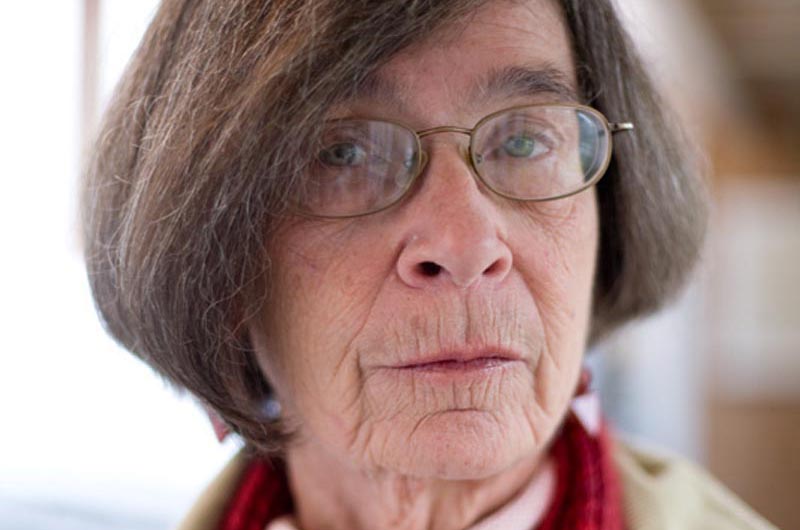
“I voted against the roundabout for reasons that were good and sensible, but I also believe so wholeheartedly in the commission, so that when the commission makes a decision I’ll honor it and respect it,” Ms. Brown said, speaking on the phone from Florida, where she is canvassing for President Obama. “It sounds political but it’s actually true.”
When it comes to looking at big houses as regional developments, Ms. Brown said the commission “should not be involved in reviewing individual houses.”
“But as the regional planning agency, it should help any town and any town’s planning board that wants to look into the issue of big houses,” she said, using what’s happening now in Chilmark as an example.
When it comes to the future of the commission and its role on the Island, Ms. Brown said: “The Martha’s Vineyard Commission will continue to be the forum where Vineyarders can work out how we can change, and keep our unique community in place.
“We’ll never agree on everything. Sometimes there will be contentious discussions. But the Martha’s Vineyard Commission is the place the Island has, and the voters have given us, to work together.”
Madeline Fisher
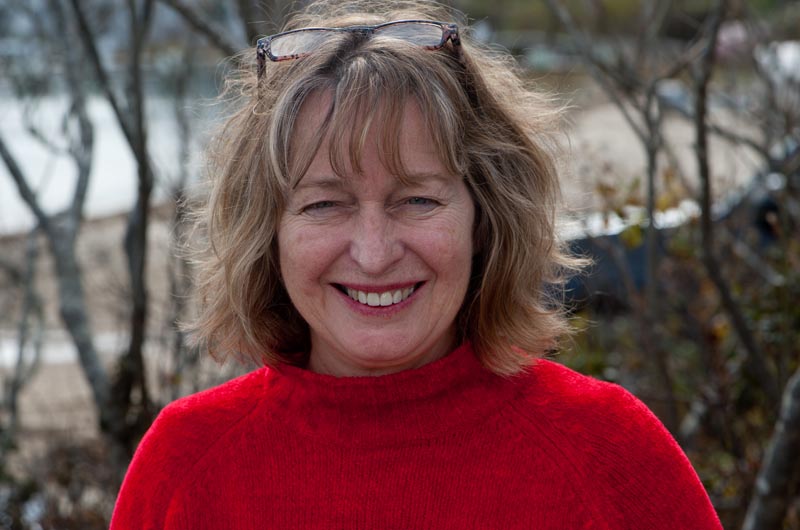
“I would have voted no on the roundabout,” Ms. Fisher said. “I’ve seen the Vineyard change and grow, and I would very much like to keep as much as possible our rural character. The commission needs to take a more proactive role in that . . . they’ve done nothing to save these rural roads.”
“It’s an important example of how the Island’s character can slip away,” she said, adding that she didn’t think the project was studied enough to know whether or not it was necessary. “The commission fell down on the job on that.”
Ms. Fisher said she does think the commission should be involved in reviewing big houses as regional developments, “because just looking at the environment, the ponds in particular . . .I have great concern for our ponds.”
She concluded: “I feel that the commission could be, is, a fabulous tool to work on all of the above. It has great scope for trying to preserve some of our heritage and rural character and I think we really need to make a plan to do so, and I think the commission is a great tool.
“We have six towns but we’re one community, so the commission is a great umbrella for all the towns on the Vineyard.”
Joshua Goldstein
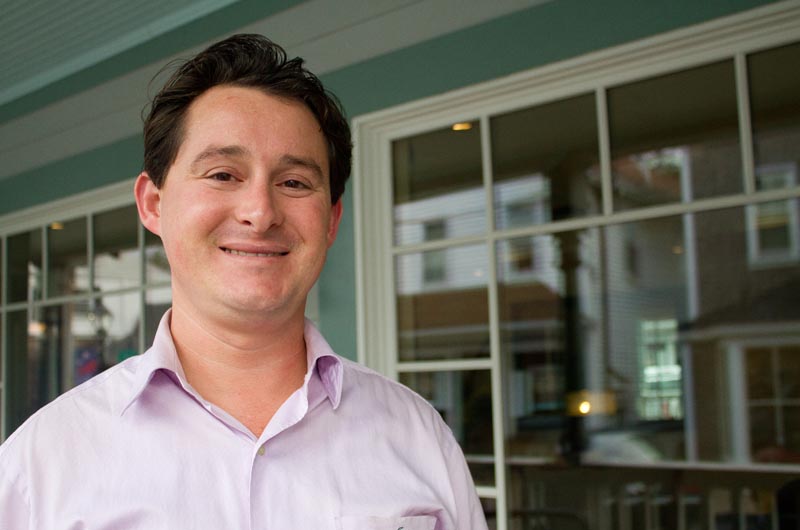
Mr. Goldstein said he was reluctant to take a stance on past commission decisions, like the approval for the roundabout. “I’m excited to bring a fresh voice to the commission, I’m excited to learn all these things and all these issues, and bring my perspective as someone who has lived here most of my life,” he said. “I’m not going to wade into what decisions should be, could be, would be.” He said he’ll focus on future issues, not those that have already been decided.
He said the same for the potential for review of big houses. “I think it’s important the commission work to make Martha’s Vineyard a place where everyone can live and live the way they want,” he said. “I don’t want to speak out of turn without all the facts in front of me.”
He was more focused on the role of the commission, and he said there is a need for people of his generation to get involved. “I have a pretty solid grasp of the Island,” he said. “I think the commission is important to keep the Island a place that’s special . . . what that role needs to be is constantly changing.”
He also said: “It [the MVC] shouldn’t be a body that makes life more difficult, it should be a streamlined process that works for everybody . . . working to balance the coexistence between people who work and live on the Island with the environment.”
As for his own peer group, he said: “It’s time for us to step up. That’s what I’m doing.”
Erik Hammarlund
![Erik Hammarlund, 41. Incumbent, West Tisbury. Attorney. Has served on the commission for two years, has no other political experience.When he has a free weekend, he generally does “Whatever my kids [ages 6, 8 and 10] want . . . unsuccessfully fishing,” or going swimming.](https://vineyardgazette.com/sites/default/files/article-assets/main-photos/2012/ia_mvc_erik_hammarlund.jpg)
“I voted for the roundabout not because I liked it but based on the evidence before the commission,” he said, noting it was clearly a contested issue. But, he said, the decision was made after dozens of hours of review, and “it’s ludicrous to suggest that the issue was not considered by the commissioners . . . it’s an issue that intelligent minds can disagree on.”
Mr. Hammarlund said it wouldn’t be appropriate for the commission to review big houses. “As it happens, big houses are . . . difficult,” he said, adding that he’s not always in favor of large homes. “But on the other hand, I do think people have some right to do what they want to do on their own land that they paid for.
“I generally don’t think the commission is the appropriate vehicle for regulation of big houses, but I can see certain limited situations where that might apply.”
As for the commission’s role, he said: “If there weren’t a commission the Island would be in a worse place than it is now. The commission provides the regulatory means to help shape the Island, in recognition of the fact that it’s all one large community.”
The goal for the future, he said, is to “keep the Island as it is and as we love it without making it so nobody can do anything at all.”
Joseph Jims

When it comes to the roundabout, “I am in favor of that,” Mr. Jims said. “Because there is, in my opinion, a problem with traffic and I believe that it will allow the traffic to travel more freely, not all stop and go.” He said the roundabout will also help cut emissions and save “a bit of gas.”
“The downside is the unavoidable fact that land was taken by eminent domain,” he added.
“I feel that depending on the scope and visibility of the project, it may be necessary for the Martha’s Vineyard Commission to become involved,” Mr. Jims said about the potential for the commission to review big houses. “But my opinion is if there is no visible presence of a big house, I don’t think there’s any problem with that [house].”
He concluded: “The commission is very important as it was established to protect the . . . unique nature of Martha’s Vineyard. I feel the commission has done a good job but sometimes done too good of a job . . . and made some projects I feel might be more or less low impact jump through hoops.”
He said the MVC has “done a good job protecting the unique Island that we all love — and that’s why we all live here and want to come here.”
E. Douglas Sederholm

“I voted in favor of approving the roundabout because I believe that although it was something that reasonable minds could differ on, I felt the benefits outweighed the detriments . . . that was and is a very problematic intersection,” Mr. Sederholm said.
Although aesthetics are a negative, he said the “roundabout is a safe way and a better way to process the traffic through that intersection.”
On the subject of big houses, he said: “I think the commission should be available to review big houses if a town board believes it needs the help that the commission could provide . . . I don’t believe big houses should be a mandatory referral to the commission as a DRI.”
“The commission’s job is to protect the Island from inappropriate development and not to review everything that comes its way,” he added. He said it would be appropriate to set up a discretionary referral to the commission.
When it comes to the role of the commission, Mr. Sederholm said “The Martha’s Vineyard Commission is absolutely essential to protect the unique values that make Martha’s Vineyard a special place. We have a community here, six different communities all really part of one community.”
He said the commission has been given special powers to “protect Martha’s Vineyard and prevent it from becoming Cape Cod . . . the people of the Island want it to maintain its unique character and physical beauty . . . and keep places like Moshup Trail the way it is.”
Fred Hancock
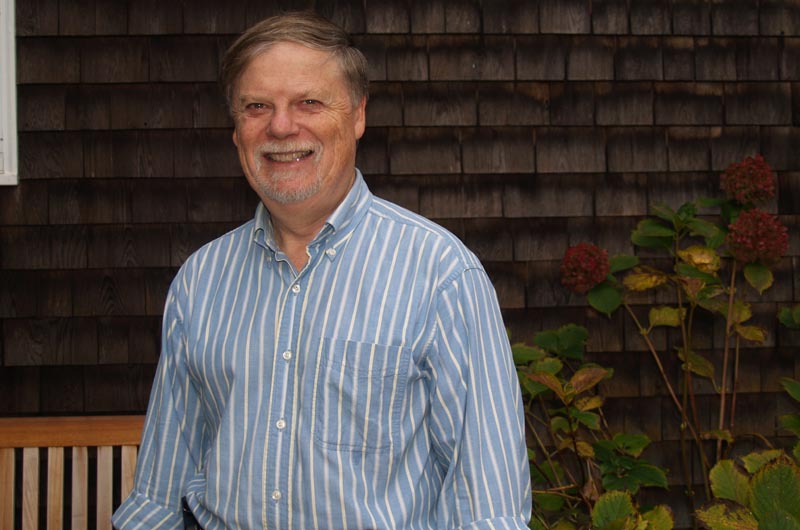
“I voted in favor of the roundabout because I think it is a very good idea for traffic control . . . traffic has increased because of the YMCA and the high school because of summer programs, and backups can be quite long,” Mr. Hancock said. He recognized congestion at the blinking light intersection is heaviest only a few months out of the year, but “all in all this is a much better and safer solution.”
He said the MVC should consider a cap on building size to preserve the character of the Island. “I think they should and it’s not by way of banning them; it’s just that I think there should be some sort of upper limit on houses,” he said. “I’ve seen what happened on Long Island . . . and I don’t think we want an Island full of those houses.”
He returned to the commission’s founding mission. “The commission is important for the same reasons it’s always been important — to try as much as possible to keep intact the character of the Island and keep it from being overbuilt,” he said. “There’s a fine line to tread between what development works and what is too much. We’re not in the business of stiffing development; we’re very much aware that people need places to work . . . we would like to continue doing it in a controlled way so there is something to balance the high-powered money interests who in the absence of the commission would try and steamroll their way into development here.”
He concluded: “The other very important issue is controlling the nitrates in the soil and water quality in our ponds and lakes. It will be a tremendous issue going forward . . . and something that’s going to be even more important because it’s only going to get worse.”
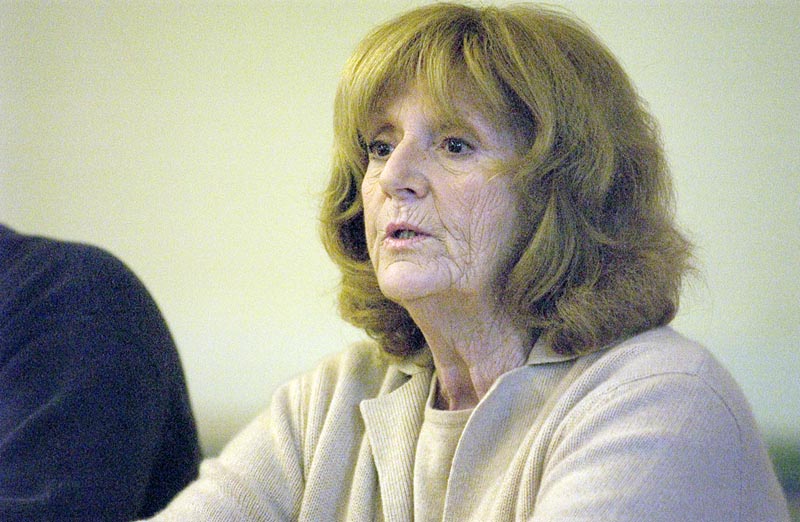
Camille Rose
“I voted against the roundabout because I really felt very strongly it was unnecessary and what I thought was an inappropriate development here,” she said.
On big houses, she said: “I do think the commission should review large houses. I think big houses are changing the character of the Island and the character of the Island we’re supposed to be protecting by the state law that chartered us.”
She concluded: “I think it’s terribly important to have some overview of the development on the Island and I really feel the role of the commission should be in guiding and planning,” she said. “I’d like to see us focus more on that.”
Susanna Sturgis
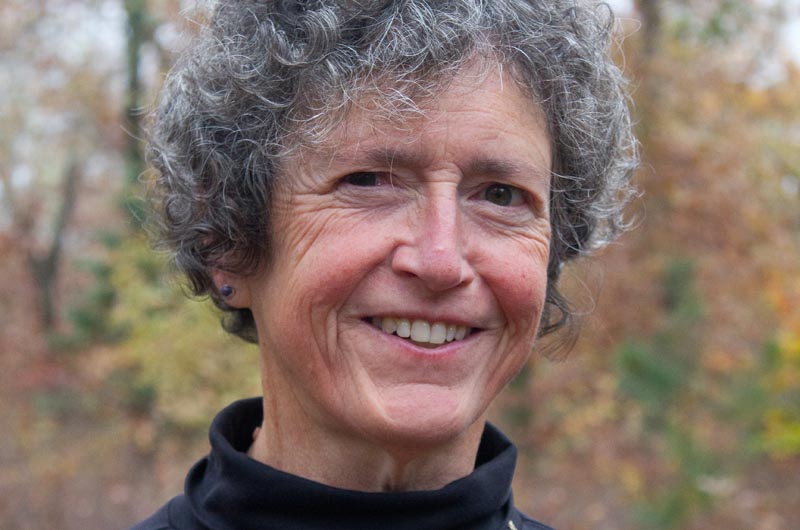
Ms. Sturgis would have voted against the roundabout and in fact was “very involved in the fight against the roundabout . . . What I saw at all of these meetings led me to the conclusion that the commission can do a much better job of gathering and analyzing information, discussing and communicating it. I think my skills [as an editor and a writer] might be useful.”
Large houses should be reviewed if they have environmental impacts, she said, but only at the town level. “I hesitate to see the role of the commission go beyond guidelines for towns to follow. At the moment I can’t imagine that a big house in any one town can really have a regional impact, which is what the commission should be focused on.”
As for the role of the MVC, she said: “I think its role is to take a look at significant projects with the whole Island in mind, especially with a view to safeguarding resources we can’t afford to lose, such as water and energy. And also toward keeping the Island liveable for working people . . . the commission has a job to do in keeping an eye on that and looking at technology around energy in a proactive way to take a look at what’s out there and what are people coming up with.”
Clarence (Trip) Barnes 3rd
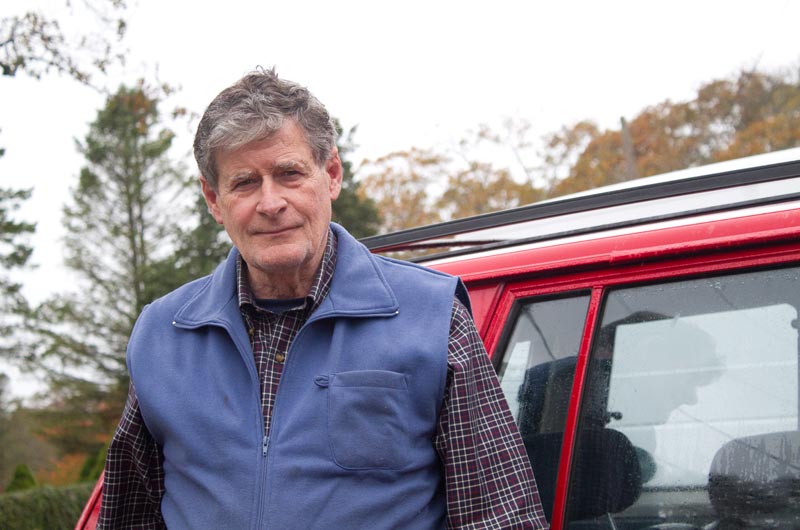
Mr. Barnes actively campaigned against the roundabout project. “I don’t agree with it at all and I would have voted against the roundabout, very strongly,” he said. “It’s gone from a $350,000 project to $1.5 million, the town of Oak Bluffs can’t afford it . . . I think it’s disgraceful, they’re changing the face of the Vineyard, that’s something that’s not necessary . . . They could rent a stoplight like the one Beach Road used during the bridge construction for $300 a month.”
He vehemently opposes regulating the size of homes, noting that construction is an economic backbone to the Island economy. “Big houses are the only industry we have left,” Mr. Barnes said. “Moving men, house painters, contractors, builders, remodelers, landscape designers all benefit from that. It’s the industry that keeps us going. Sometimes it’s a question of taste . . . but people should build what they want. I think it should be on a town-by-town basis and not on a rule straight across the board.”
About the role of the MVC, he said: “I’m not sure it is [important] and I really want to find out,” he said. “From observing on TV, and hats off to MVTV, it’s an embarrassment. I think to make it work it has to be inviting to more people who have credibility to get involved because there are some people there that should not be there . . . people consider it a joke. I want to find out what can be done to straighten it out because it could solve some issues. Right now it’s a big expense for everyone.”
David Willoughby
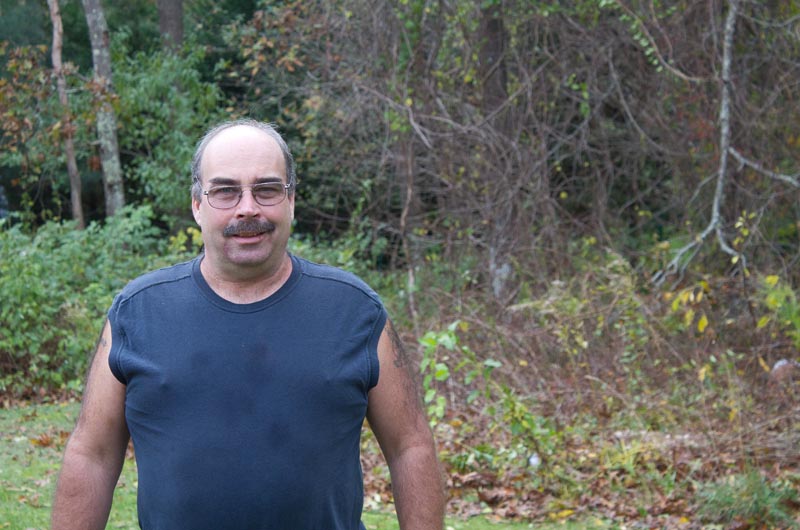
Mr. Willoughby would have voted against the roundabout. “Seventy-five per cent of the Island was against it and I think it was the wrong decision,” he said. “You’re an elected official and elected to represent the people of the Island. The majority said no and I think it’s a bad idea. There are easier ways to fix that intersection than doing what they’re doing.”
He opposes reviewing large houses as developments. “Every time they shoot down a project they don’t realize how many people it will affect and how many people it would put out of work — contractors, concrete layers, painters, landscapers — and not only them but the businesses they buy their supplies from. It’s one of the reasons I’m running, the commission needs to have someone from the trades on the board . . . I think there needs to be a voice there for all of the workers here on the Island; right now they really don’t have a voice.”
He concluded: “The commission should be doing the leg work for things like traffic studies, but as far as the regulation end of it, I think they’ve gone a little too far with what they are regulating. The commission needs to take a step back and look at the whole picture of the Island . . . public opinion should weigh a lot more on commission decisions. I think you have to go with what the people want. I think you need to have some people on there who are willing to listen to people in the community and that’s what I plan to do.”
Jim Miller
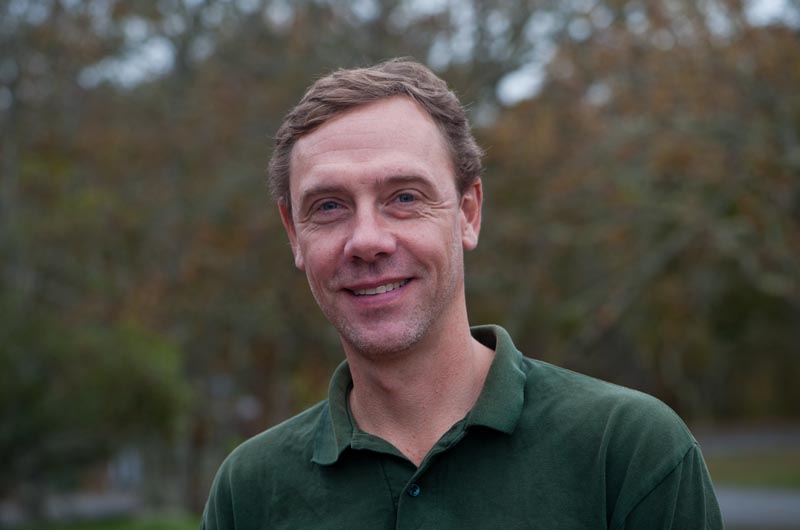
He would have voted in favor of the roundabout. “When I worked at the commission, roundabout studies indicate they are very unpopular before they are installed and very popular after they are installed, I have no reason to believe that won’t happen here as well,” he said.
The Islandwide referendum votes added little, he said. “I’m uncomfortable putting an engineering decision to a popular vote.”
Regulating house size should remain at town planning levels; the commission can be a resource for technical assistance, Mr. Miller said. “If a town requests the commission to be involved, the commission has the expertise that would be helpful in that. One of the commission’s roles is to provide technical assistance to the towns, otherwise I think it is a town zoning issue.”
He would like to see the commission’s review process for developments of regional impact be less onerous on the applicant. “One of its main roles is reviewing developments of regional impact,” he said. “When I worked there I was always very sympathetic to the applicants, and since that’s its major role it should do that role in a way that’s a little bit easier to the applicants.”
Linda Sibley
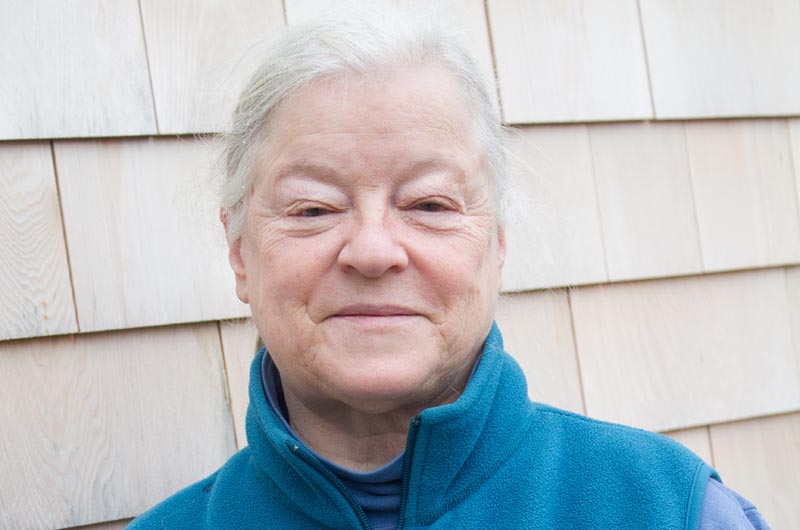
Mrs. Sibley was critical of the landscaping, bus stops and overall look of the roundabout, and voted against it. “My main reasons you could broadly call aesthetics and character,” she said. “I think it is possible to have a small, modest, rural-looking roundabout and I didn’t think this one met those criteria.”
Mrs. Sibley said large houses should be reviewed — sometimes. “Under some limited circumstances, yes, I think there are some large houses which are in such public viewsheds that for us to take a position where we want to review wind turbines in public viewsheds and not review large houses that are in equally public positions is inconsistent,” Ms. Sibley said. “It would be a radical change so I guess I would say if there is a groundswell of public opinion in favor of it I would support it . . . using the [district of critical planning structure] might be a better way to do it so towns can empower themselves through the DCPC process. But that’s still using the commission as opposed to the MVC reviewing individual houses.”
She called the role of the commission critical to the Vineyard.
“I think the more important question is, what would the Vineyard be like if there had never been a MVC? And I think the answer today is clear: it would look very much like Cape Cod. I believe it is important. We have the power to look at some of those intangibles about character and character is our economy. I think if we were to come to look just like any place off-Island why would anyone take a ferry ride to get here? I think the commission is really important in keeping the Vineyard uniquely the Vineyard.”
This article has been edited to reflect the fact that Linda Sibley voted against the roundabout.




Comments
Comment policy »